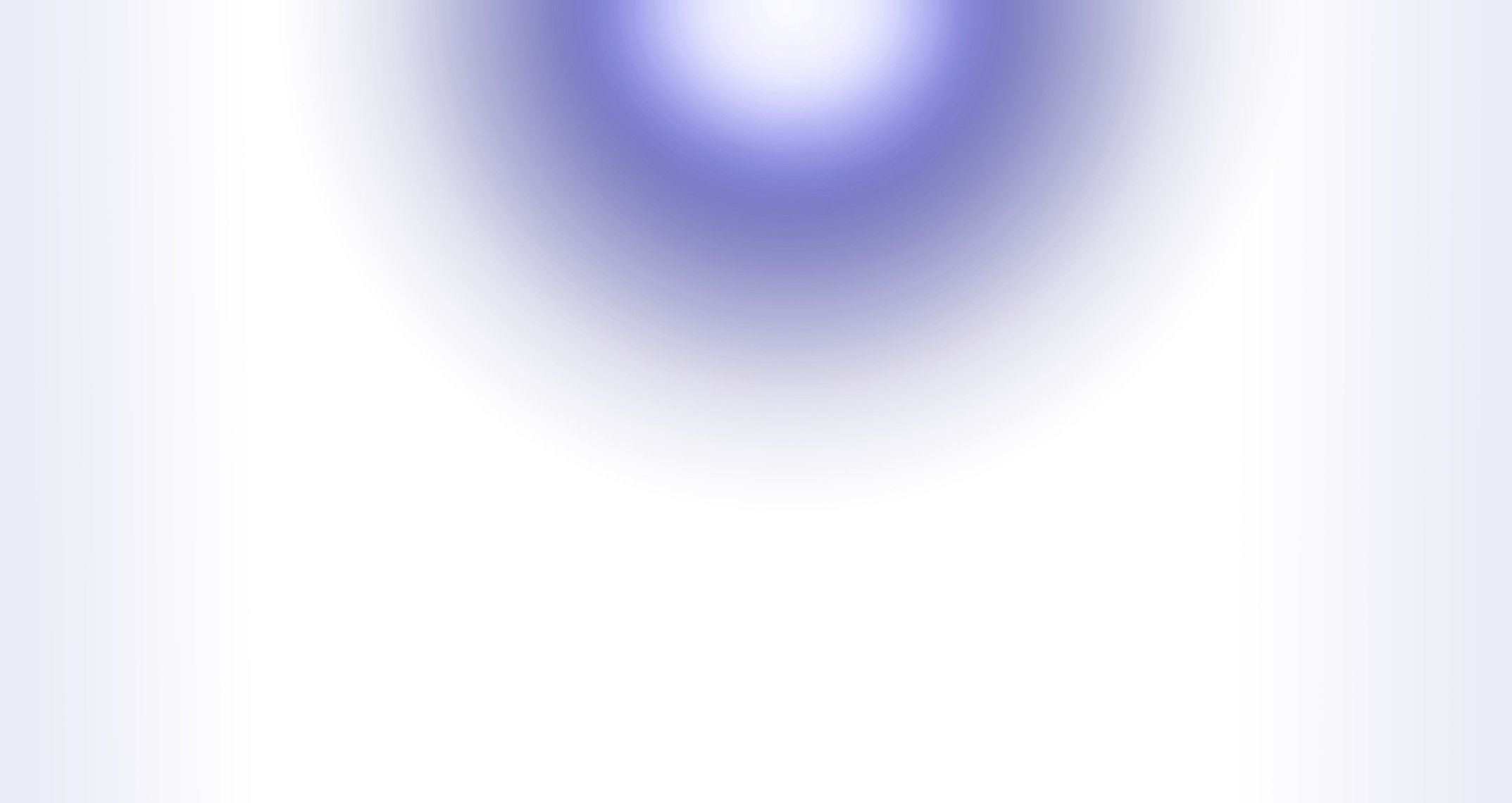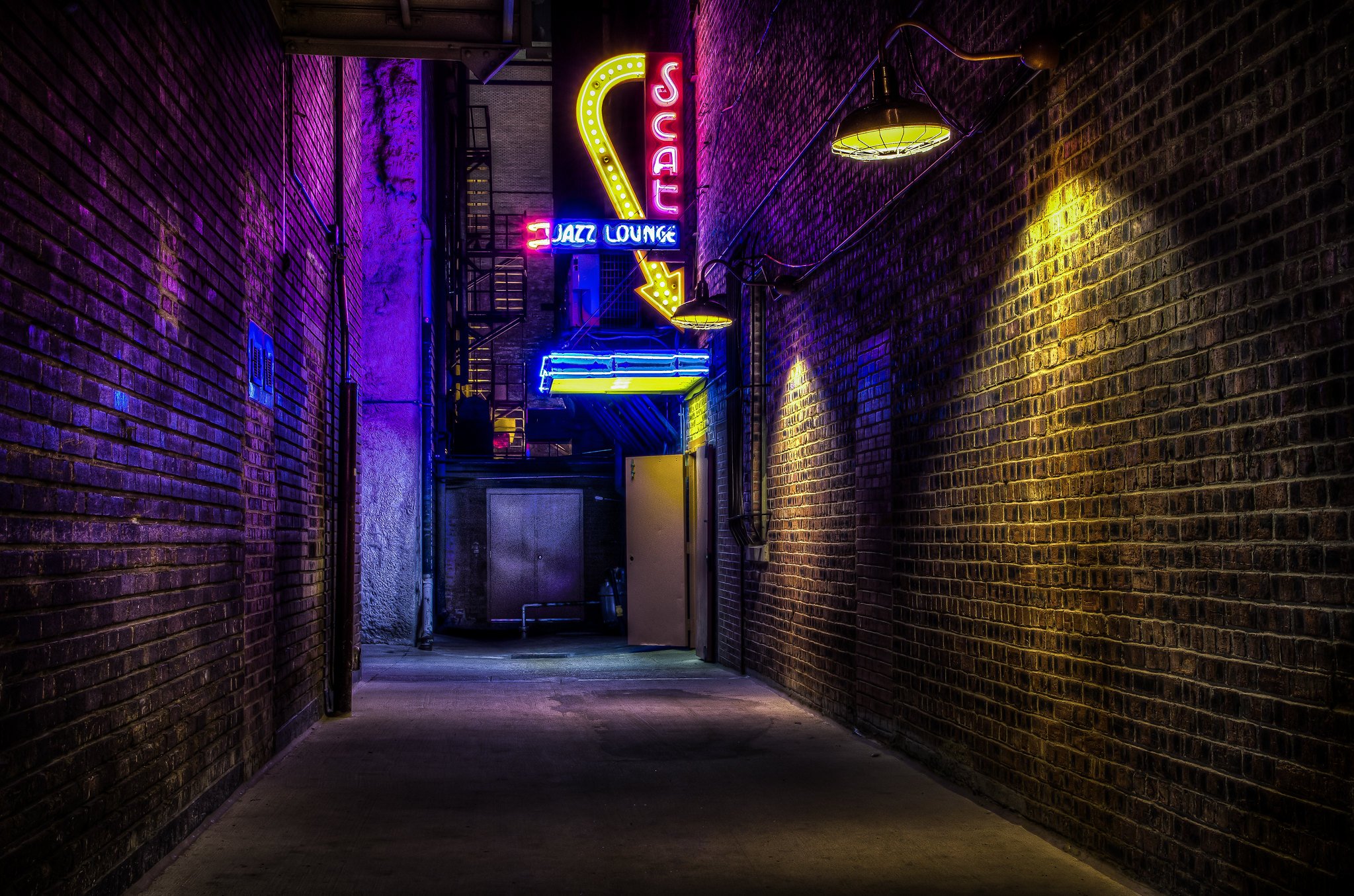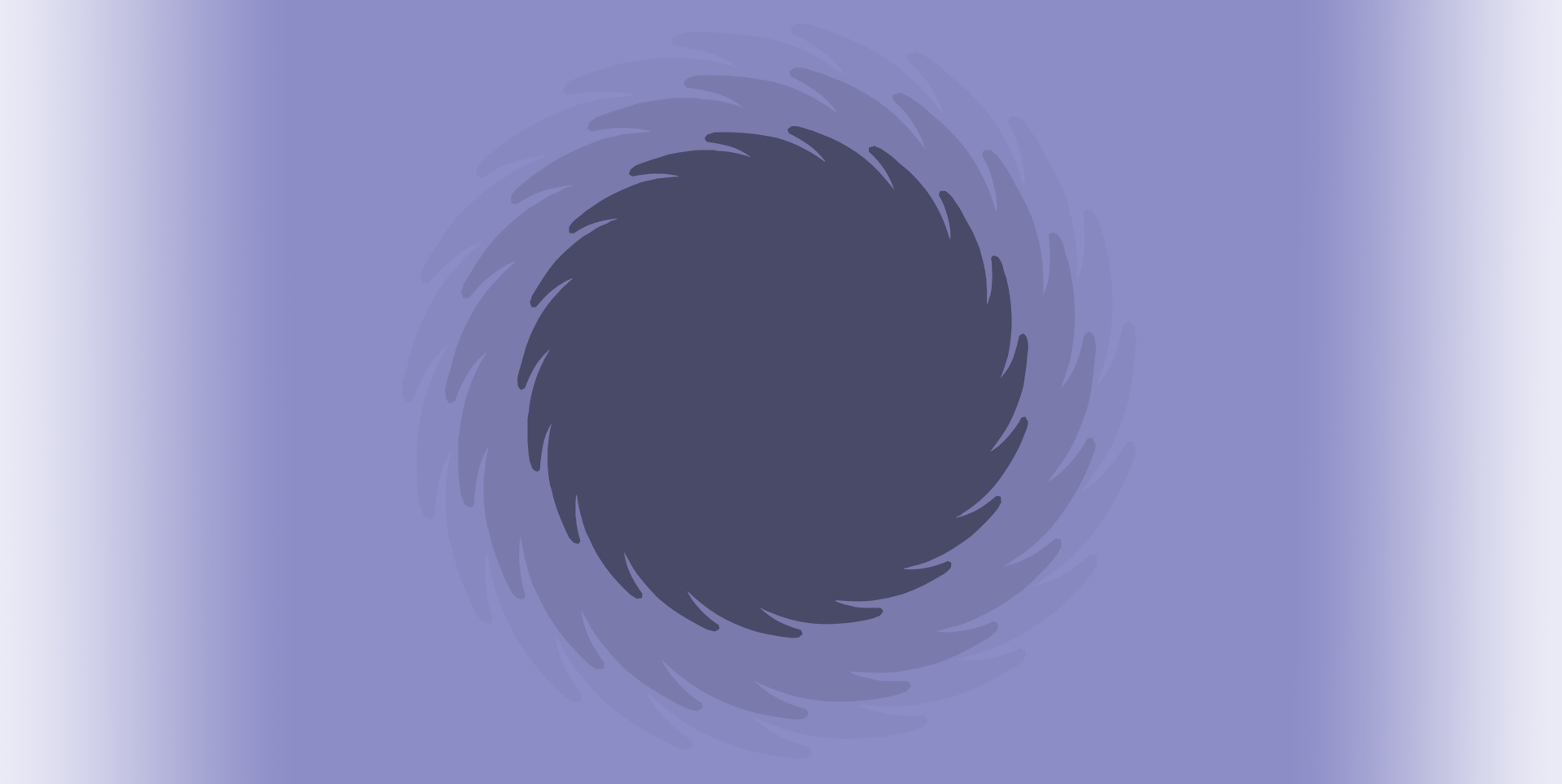
to Hive being
welcome
What is Hive Being, and Why the Name?
You have likely heard talk of a hive mind, where one global mind finds more or less figurative expression in various local minds. Such talk is common enough in nature documentaries, especially ones concerning ants or bees, and in sci-fi programs. Take that notion, at least a loose version of it, and broaden its scope. That will be a decent first step in understanding the title I have chosen both for my Blog and for the first five-volume installment of my magnum opus Made For You and Me, a fragmentary collection of minimalist stanzas from 2016 to 2020.
In alignment with Spinoza (the 17th Century Rationalist to whom I devoted my doctoral studies), I view reality in its totality as a grand hive Being: all entities are but pulsating manifestations of the buckstopping fount of everything, an ultimate being we might call “God” or “Nature” (so long as, out of respect for the capital “G” and the capital “N,” we limit it neither to some anthropomorphic cloud father hurling lightning bolts nor to mere wilderness untouched by human smog). According to the hive-Being view (where reality is one lone superorganism, a monistic—and we might even say unividualist—conception I defend in both my creative and academic capacities), each non-foundational being (each being, that is, whose essence does not involve existence) is an utterly necessitated expression or eruption or exudation of this eternal source—each is, perhaps better put, a mode or manner of being, and so a focal point through which is disclosed, what classical theists sometimes call “being itself” (ipsum esse subsistens): the realness of the real, the being of whatever may be, the sheer activity of being, the very isness of whatever is. This Blog, which duplicates my Substack, throbs as but one among many literary unfurlings of this self-necessitated foundation, this supreme wellspring, of which we—like black holes and broken beliefs, like fractal ferns and flickering flames—are the inevitable stylings.
My Journey
I am an academic who found himself pressured into early retirement by the rising tides of cancel culture. The illiberal scourge of censoring, silencing, and shaming—although always with us throughout our evolution—reached a local peak around 2021. That was the turbulent year my creative pursuits, which the old left once encouraged as a healthy outlet for the stresses of a childhood steeped in poverty and illiteracy, drew the ire of the new safe-space left. A small cadre of self-proclaimed victims and their allies, several of whom continue to berate me years later under pseudonyms as see through as their sexual infatuation, sought to erase me and my heterodoxy. They found support from a wannabe-woke dean, covered in the grand inquisitor robes of our decadent modernity (full-body tattoos) and just itching to signal his commitment to protecting “vulnerable populations” from triggering material (even if just, as it was in my case, off-duty poems “unbecoming for someone calling himself a teacher”). Although I eventually won my due-process case with the help of The Foundation for Individual Rights and Expression, I slunk away from a college that turned its back on protecting freedom of expression and from an institution increasingly intolerant of intellectual diversity.
The wrecking ball to my too-comfy office in the windowless ivory tower came with a silver lining. From the ashes of my professional aspirations rose a phoenix of increased freedom to fulfill the literary calling I have pursued for decades. Reputation concerns never stopped me, even within academia’s sterile halls of conformity. Indeed, my unapologetic defiance, which has long baffled friends and family, no doubt chummed even safe waters—almost as if I were asking for it all along—until the cancel shiver grew too frenzied to hold back its blind thrashings. But now, now I piston the most forbidden territories of human thought with no longer even a twinge of conscience. The newfound freedom means extra time to hone my craft. When not assisting special-needs communities (a day job far more rewarding than freeway-flyer drudgeries), I pursue my literary mission with Dionysian fervor.
Call for Co-Conspirators
This space, my digital sanctuary, showcases the fruits of my mission. Think of my posts, even those linking to my publications, as works in progress. I want your input, unflinching brutality included. Each post begins with an invitation to action: “Let’s workshop this [draft about x, y, z].” Your contributions, whether through public comments or my contact page, help hammer scraps of ore into polished blades fit for magazine publication.
Your input is valuable, even if you are neither a writer nor a reader of literature—twin disciplines dying by the cyber nanosecond. Sometimes—even if at the risk of uttering banalities—an outsider’s fresh vantage can pierce the veils of convention to reveal what insiders miss. It often takes an outsider to make us even think to question our ingrained presuppositions and attitudes. I stand by the hygienic value of contagion. That is one reason I advocate so strongly for intellectual diversity and freedom of expression. And that is also one reason I was so harrowed by the anti-diversity swell of cancel culture in academia (an institution that should be the utmost caretaker of such values)—harrowed especially insofar as that swell masqueraded under the gaslighting guise of “diversity”).
You will witness the breathing evolution of my writings over time. To track these changes, I label each revision by round: “ROUND 2,” ROUND 3,” and so forth. Each piece undergoes continuous refinement based on your feedback and my own revisitations. Sometimes changes will mar the work. That is the risk of creative tinkering as a finite creature. I hope you will alert me to missteps. After many semesters of university writing workshops, one rule has impressed itself upon me: when someone senses a flaw, something almost always needs to change—even if, yes, the proposed solution misses the mark (which often it does). From a quick look into the archives, accessible here, you can see how much I have benefited from your feedback so far.
My Hope
Sharing drafts can be daunting. But showing you the ravaged and unperfumed real deal unfiltered by makeup (stuttering starts and falsities, awkward line breaks and clumsy word choices, grammatical errors and misspellings)—that not only makes my work more relatable, but helps me refine things through your input. I hope the unfiltered look at the raw process of fumbling, rather than just the polished product, also helps other writers develop their craft. Imperfect works often instruct more than perfect ones: whereas the perfect ones tend to have a grace by which they slip inside us without activating our scrutiny, the imperfect ones—especially the near perfect ones—show us glaringly what not to do.
People laugh at me, seeing—in my tilting at the windmills of literary excellence—a Don Quixote clunking around in Arthurian armor in a post-knight era. I am not naïve. I am well aware of the diminishing ability to read, let alone well: slowly and deeply, with gratitude. I am also aware that my style, which often nests subpoints within larger points, never waters down virtuosity for the sake of mass appeal. I watch readers stumble over my sentences, unable to unlock even just the music of the envelope let alone the semantic meat within, which—given my tendency to flashlight through the darker facets of human nature (the addicts, the miscreants, the abusers among us)—only adds an additional alienating layer of difficulty). Beholding these depressive scenes of even supportive family members getting bucked off my syntactic bronco makes me feel like a dinosaur who should get a hint and, if not succumb to the brain rot of skibidi-toilet speak, just hang himself already. Even though the decline in linguistic background and grammatical voltage makes my compositions seem quixotic in a world binging Netflix and TikTok, I persist—raging against the dying of the light—by some internal compulsion to celebrate the richness of language and thought.
My hope is that, despite social media’s unparalleled power to farm our attention, people never forget the unique power of writing. Beyond unveiling hypocrisy, teasing out complex implications, and detailing the commonalities between even the most alien phenomena, writing offers something we need today—trapped in agoraphobic cyber bubbles only thickened by the Lyme dangers of forests and the COVID dangers of cities—perhaps more than ever. Granting us rich access to the first-person perspectives of others (to how things feel to them), writing serves as one of humanity’s best tools for combating loneliness. It allows us to linger, broadly and deeply and at high resolution, within the inner lives of others in a way that other arts can only suggest.
What to Expect
My work spans a broad spectrum: from metaphysical discourses on free will and determinism and the ontology of holes to the ephemera of western culture (whether the childhood impacts of the hypersexual mono-image of black woman as squirting twerkers or Terrence Howard’s sham revolution of mathematics). Some tight and minimal, others free-flowing sprawls; some heady and abstract, others emotional and imagistic—my inkwell musings, which often blend scholarly rigor with a dark humor from both high and low culture, aim to capture the visceral intensity of our personal and social and ultimately existential predicaments.
By no means can I deny that drug abuse, sexual assault, and the tales of the broken and the damned loom large in the tag cloud of my work. My writing will never be a paradise of easy truths and comforting lies. It will challenge you, provoke you, and at times even repulse you. I offer no apologies for the monsters I unleash. They are as much a part of us, at long root scared rodent mammals scurrying in the shadows of dinosaurs, as our noblest aspirations.
But make no mistake. It is not all downer darkness. The archives are my receipts. You will find pieces exploring the pursuit of authenticity in a media-saturated world, the search for meaning in an indifferent cosmos, and the celebration of beauty in both the sublime and the profane. I locate much of my inspiration, in fact, in novelists like Dostoevsky and poets like Ted Kooser—writers unafraid to pursue moral agendas or risk Hallmark sentimentality in an age that often sneers at sincerity.
Be they satirical dissections of modern social dynamics or poignant poems about addiction or academic articles on moral responsibility, my goal is to provoke thought, evoke emotion, and foster meaningful dialogue. Fear has not and will not stop me from challenging humanity’s fundamental taboos (like bestiality and cannibalism) or self-reflecting into the dark chaos of the subconscious, even if that means exposing the Jungian shadows—the inner Goebbels—lurking within us all!
Expect posts each day, no day missed. Donations are welcome, but I impose no paywall: it feels wrong to charge for art, especially given our date with obliteration. Feel free to explore what amounts to, at the time of writing this, close to a thousand pieces of poetry and prose here. That should give you a sense of what awaits.
Join me—specula holstered—on this literary odyssey into the public and private nooks of the hive Being. Let us navigate the labyrinth of creation together, confronting our demons and even slaying our darlings if we must. Let us dance on the razor’s edge between the sublime and the profane in pursuit of an elusive literary perfection never to be confused—as it has been confused in our declining civilization—with the pursuit of popularity or likeability over truth.
tag cloud
- literature community
- American literature
- poetry
- literature
- poem
- literary
- creative writing
- writing
- poetry community
- Michael Istvan
- Istvan
- perception
- defiance
- suffering
- existential poetry
- dissociative
- existential
- healing
- human
- mortality
- power
- art
- God
- artist
- poet
- evolution
- love
- death
- darwin
- anxiety
- crack
- meditation
- sex
- adolescence
- psychoanalysis
- rape
- campus warrior
- Nietzsche
- poverty
- substance abuse
- addiction
- Earth
- sensual
- resilience
- hardship
- homeless
- addict
- rapist
- trauma
- therapy
- hypersexual
- traumatic
- Life affirming
- grooming
- sexuality
- anal
- dogs
- hyperarousal
- choking
- anal sex
- true crime
- identity
- disease
- traitor
- prison
- treachery
- parenthood
- parenting
- cunnilingus
- honey pot
- love letters
- power dynamic
- vines
- woke
- christianity
- safe space
- junkies
- islam
- religion
- faith
- hoodlum
- murder
- worship
- Vaginal
- cancel culture
- thugs
- Biggie
- babies
- hypocrisy
- muslims
- baby feet
- care
- dead
- pound town
- feet
- heart
- identity politics
- cops
- poetry editor
- olympics
Posts

Supplicant
"Supplicant" captures the desperation of addiction, using the imagery of a fleeting, mistaken hope to highlight the depth of the speaker's psychological and physical thirst for relief. The poem opens with a scene of vulnerability: the subject is "on all fours," symbolizing a posture of both physical weakness and spiritual supplication. The fleck of perlite—a seemingly innocuous byproduct from tending to her pothos plant—becomes a powerful metaphor for the irrational yet overwhelming compulsion to seek solace in substances. Despite knowing it is "just a fleck of perlite," the subject’s desperation distorts reality, causing her to mistake it for "what she needed." The act of smoking it, though irrational, becomes a poignant expression of the lengths to which addiction drives individuals, highlighting the delusions that accompany both physical cravings and mental anguish.
The poem then deepens this sense of delusion by invoking the metaphor of a "castaway" succumbing to "the sea's false embrace." This metaphor powerfully conveys the theme of addiction as a cycle of self-destruction, where even those who "know better" are drawn back to harmful behaviors. The "psychosis of thirst" likens the addict's compulsion to the irrational behavior of someone lost at sea, kissing the saltwater that they know cannot quench their thirst, but whose allure is too strong to resist. This image emphasizes the tragic irony of addiction: the false hope that something inherently harmful will provide the relief that is so desperately sought.
The poem, though brief, explores the interplay of rationality and compulsion in addiction, revealing the tragic futility of seeking solace in false sources of comfort. "Supplicant" touches on the themes of vulnerability, delusion, and the cyclical nature of addiction, offering a stark meditation on the ways in which desperation can cloud judgment and drive individuals to self-destruction, even when they are fully aware of the futility of their actions.
addiction, desperation, compulsion, delusion, vulnerability, supplication, psychosis, false hope, substance abuse, self-destruction, craving, irrational behavior, castaway metaphor, addiction cycle.

Tough Love
"Tough Love" presents a poignant reflection on the artist's fraught relationship with their creations, exploring the emotional toll of the creative process. The imagery of the artist’s works "suckling" him, likened to "starved kittens," introduces a dynamic of dependency and need, where the creations are portrayed as endlessly clamoring for attention and refinement. This metaphor suggests that the artist feels both responsible for and exhausted by their creations, as if they are not just works of art, but living beings demanding sustenance. The use of "evermore revision" emphasizes the perpetual nature of this struggle, where the drive for perfection traps the artist in an ongoing loop of dissatisfaction.
The poem's central tension lies in the artist’s fight to move on from these creations, a process compared to the impossibility of getting "pine sap off the palms." The comparison suggests that the attachment to the work is sticky and persistent, not easily shed, and its "infuriation" builds over time. This frustration, while painful, serves a dual purpose: it creates the emotional distance needed for the artist to finally let go. The concluding image of abandoning the works on "cold public steps" carries a sense of bittersweet resolution. The public setting symbolizes the release of these creations into the world, where they are no longer the artist’s sole burden, but now stand vulnerable, exposed, and perhaps neglected. The artist’s choice to desert them, while described as "heartrending," also feels necessary—a form of "tough love" where letting go is an act of survival.
Ultimately, the poem grapples with the paradox of creation: the simultaneous love and frustration that binds the artist to their work, and the painful but crucial act of letting go. In the end, "Tough Love" illustrates the emotional complexity of artistic detachment, where abandoning one’s work is not just a relief, but also a wound.
artistic process, revision, detachment, creative struggle, abandonment, artist's burden, emotional complexity, creation dependency, artistic frustration, tough love, letting go.

Beatitude
"Beatitude" explores the intersection of addiction recovery, self-deception, and the allure of spiritual transformation. The poem addresses an individual newly sober, less than "thirty-six hours" into recovery, yet already slipping into familiar delusions of grandeur. The title, "Beatitude," evokes notions of blessedness and spiritual elevation, contrasting sharply with the reality of the subject’s fragile sobriety. The speaker’s tone carries a mix of irony and frustration, challenging the individual's tendency to leap prematurely into self-righteousness or spiritual enlightenment.
The poem critically examines the pitfalls of early recovery, where a sense of newfound clarity can easily morph into a kind of self-congratulatory delusion. The reference to “the path of total self-surrender” suggests that the subject has embraced a recovery philosophy—likely rooted in spiritual or religious language—meant to facilitate humility and acceptance. However, the speaker questions the sincerity or depth of this commitment, highlighting how quickly the individual reverts to "delusion's preachy playbook." This phrase captures the tendency to replace one form of escapism (substance use) with another (self-aggrandizing spirituality), suggesting that the underlying issues remain unaddressed.
The second half of the poem shifts to the internalized, self-flattering thoughts that characterize the subject’s mindset. The notion of being "a saint, albeit one... in utero" illustrates the paradox of this false humility: the individual sees themselves as on a sacred path, yet acknowledges (though perhaps disingenuously) that they are still in the early stages. The metaphor of being "in utero" underscores the naivety and premature nature of such self-perception, pointing to a desire for sanctification without enduring the necessary trials of self-reflection and sustained effort.
"Beatitude" ultimately critiques the tendency to embrace spiritual narratives prematurely in the process of recovery, revealing how these narratives can serve as a new form of denial. The poem exposes the tension between the genuine desire for self-transformation and the ease with which the ego distorts that desire into self-glorification, even as the journey has only just begun.
sobriety, recovery, spirituality, delusion, self-surrender, false humility, addiction, self-deception, early recovery, spiritual transformation, ego, denial, self-reflection, beatitude, sanctity.
Tree City Tattoo
"Tree City Tattoo" navigates themes of memory, grief, and male camaraderie through the lens of a shared experience in getting a tattoo. The poem depicts the speaker's reflection on a tattoo that, unbeknownst to him at the time, becomes a significant marker of both a personal and communal history. It explores the way objects and experiences, such as tattoos, serve as anchors for memories, not only of events themselves but also of the people involved—especially those lost to death or addiction. The poem intertwines the ritual of tattooing with notions of mortality, particularly when referencing the "pre-fentanyl days," alluding to the opioid crisis and its tragic consequences for the speaker's cousins.
The poem’s tone fluctuates between dark humor and melancholic introspection. The speaker recalls how, during the session, the tension and inadequacy of the tattoo process—symbolized by Dave’s unreliable tattoo gun—reflect the shaky foundation of their relationships. The group dynamic is sketched through the speaker’s uneasy awareness of the bickering and botched tattoo, suggesting that the superficial act of getting inked belies deeper fractures in their connections. The speaker’s paranoia about the tattoo’s quality morphs into a larger sense of insecurity and disbelief, culminating in his “nonchalance” upon confronting the final product in the mirror. His forced reaction—“Shit look dope!”—becomes a gesture not just of self-deception but also of solidarity, as he spares his friends the embarrassment or guilt they may feel over the outcome.
Time, however, brings perspective. The speaker grows able to laugh about the experience in retrospect, recognizing the botched tattoo as an emblem of the imperfections in their lives, their bonds, and their mortality. The reference to "beach seasons later" evokes a passing of time that allows for healing, yet the losses of his cousins Randy and Matt—presumably to addiction, as hinted by the reference to fentanyl—create an enduring undercurrent of sorrow. The final interaction with Dave, now at Randy or Matt’s funeral, encapsulates the poem’s meditation on how the past continues to ripple through the present. The tattoo, initially a casual endeavor, becomes a symbolic relic of lives intertwined by both laughter and tragedy.
Ultimately, "Tree City Tattoo" juxtaposes the ritual of a tattoo—permanent in ink but fading over time—with the fragility of life and relationships. The tattoo’s significance grows as the people involved in its creation are lost to time, and the speaker’s final reflection on whether the tattoo still exists mirrors the uncertainty of memory, survival, and the legacies we leave behind.
tattoo, memory, mortality, opioid crisis, fentanyl, male camaraderie, loss, grief, bickering, ritual, permanence, imperfection, reflection, funeral, shared experience, legacies, nostalgia.


blog
FAQ

Visit my Substack: Hive Being
Visit my Substack: Hive Being

Don’t let anyone tell you that real life is lacking in poetic interest. This is exactly what the poet is for: he has the mind and the imagination to find something of interest in everyday things. Real life supplies the motifs, the points that need to be said—the actual heart of the matter; but it is the poet’s job to fashion it all into a beautiful, animated whole. You are familiar with Fürnstein, the so-called “nature poet”? He has written a poem about growing hops, and you couldn’t imagine anything nicer. I have now asked him to write some poems celebrating the work of skilled artisans, in particular weavers, and I am quite sure he will succeed; he has lived among such people from an early age, he knows the subject inside out, and will be in full command of his material. That is the advantage of small works: you need only choose subjects that you know and have at your command. With a longer poetic work, however, this is not possible. There is no way around it: all the different threads that tie the whole thing together, and are woven into the design, have to be shown in accurate detail. Young people only have a one-sided view of things, whereas a longer work requires a multiplicity of viewpoints—and that’s where they come unstuck.—Goethe (Conversations with Eckermann)

Featured Blog Posts
have appeared last night—
all those met along the way?
























